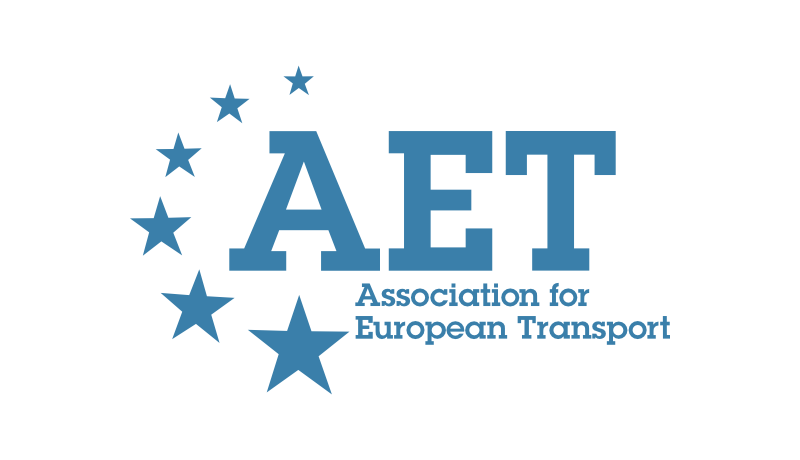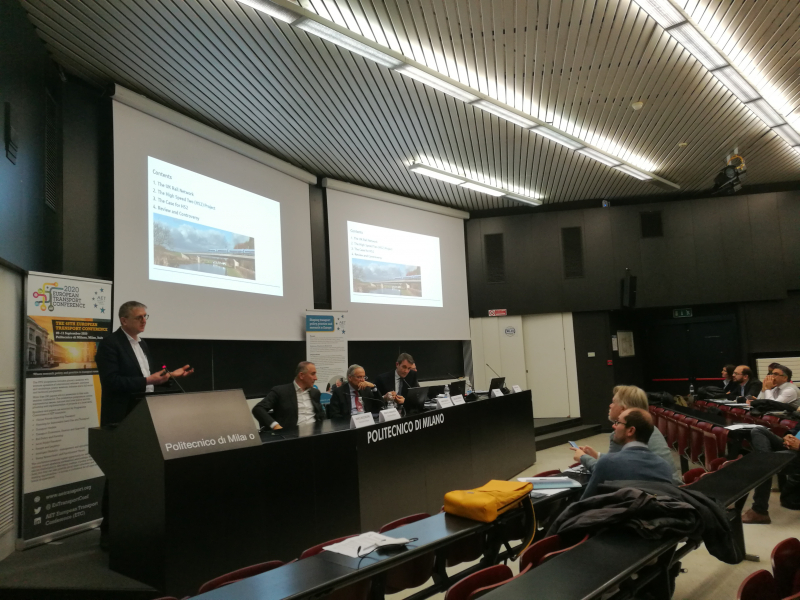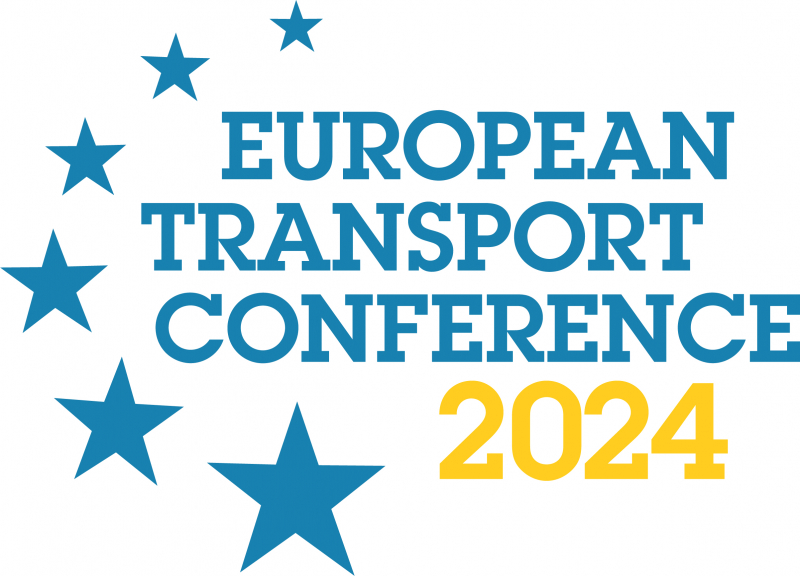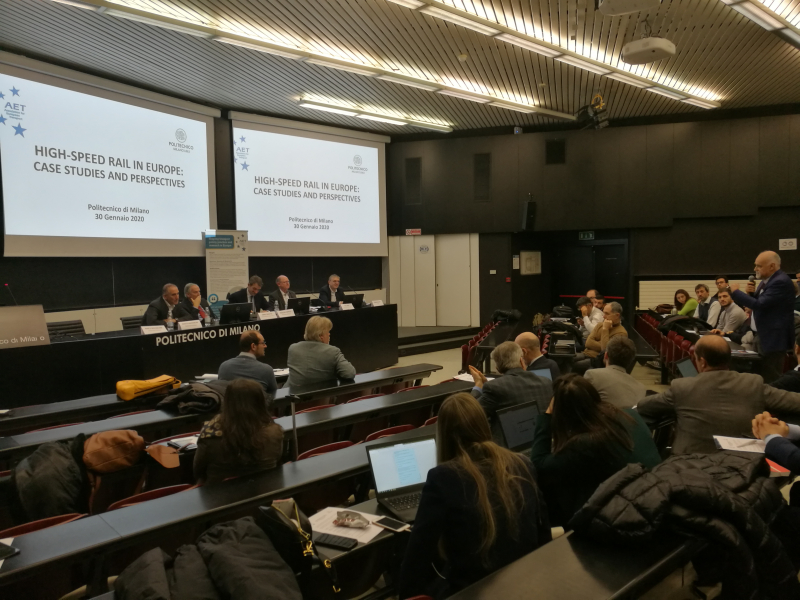-
Past ETC Papers
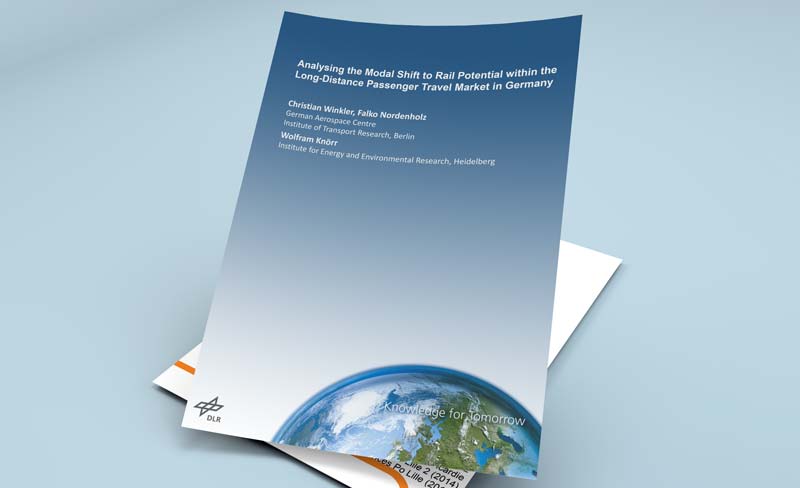
Browse, search and view papers from the past AET Conferences.
-
Members' Area
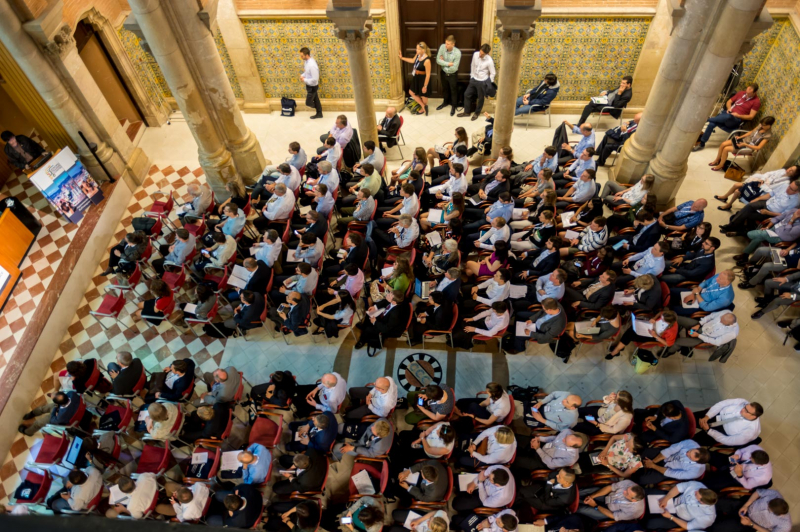
AET promotes networking and exchange of ideas, information and opportunities amongst members.
Conference Papers 2016
Barcelona, Spain
ETC Conference Papers 2016
The potential for electric utility vehicles in Craftsman enterprises
Seminar
Day 2 (6 Oct 2016), Session 4, Electric Vehicles, 09:00 - 11:00
Status
Accepted, documents submitted
Submitted by / Abstract owner
Erik Figenbaum
Authors
Erik Figenbaum, Institute of Transport Economics
Short abstract
The potential of using electric utility vehicles in Craftsmen enterprises is evaluated using electronic travel logs, interviews with owners of such vehicles and surveys of Craftsmen.
Abstract
The paper will analyse the potential for using electric utility vehicles in Craftsman enterprises.
Craftsman enterprises use utility vehicles, mostly smaller vans, in everyday work to carry work equipment, materials and persons to work sites. In some cases these work sites can be over days, weeks or months. Craftsmen may visit several work sites during the day and new sites may appear during the working day.
Surveys and interviews were carried out to get a better understanding of the characteristics of their working days and vehicle usage. Data logs from electronic travel diaries of 115 vans from seven Craftsman enterprises in the greater Oslo area were collected for a two week period in March 2015.
The travel logs demonstrated that these vans have a surprisingly large radius of action. One company covered large parts of Norway. Most however operated in the larger Oslo area within a 200 km radius of Oslo.
The datalogs shows that a large number of vans could be electrified as they did not drive more than 80 km on any of these 14 days. Most of these travelled very short distances over the two weeks period and the effect on reducing diesel vans transportation work and thus transport emissions would be limited. Vehicles with intermediate total driving distances often have one or a few long trips exceeding the range that electric utility vehicles can provide especially in the winter.
Charging during the day or the ability to redistribute vehicle travel between vehicle when BEVs are introduced, is key to increasing the number of replaceable vehicles.
Interviews with BEV owning Craftsman enterprises complement the datalogs. Owners say that it is difficult to redistribute travel, yet many say they have done so after having bought BEVs, as this was necessary to make BEVs work for them in daily work activities.
Documents:
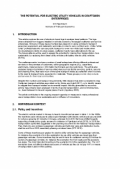
Association For
European Transport
Forester House
Doctors Lane
Henley-in-Arden
Warwickshire, UK
B95 5AW
+44 (0) 15 64 793552
VAT number: 710 1866 64
Conference Supporters & Endorsers




Legal Entity
The Association for European Transport is registered as an Association ('vereniging') with the Chamber of Commerce for Haaglanden in The Netherlands under company number 27170096.
Built on Zenario

